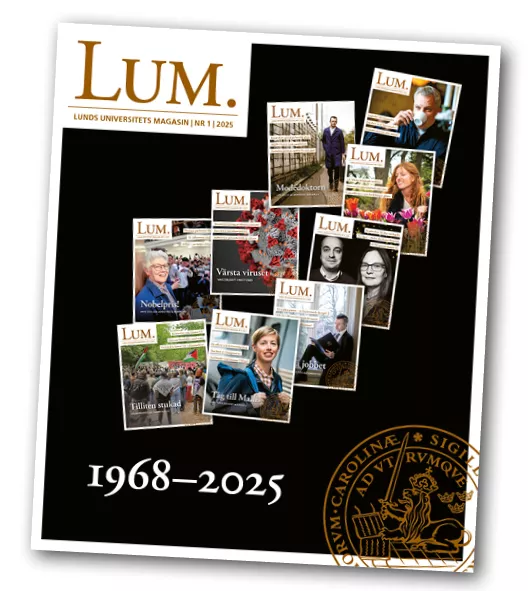“I’ve had a long-standing interest in how people behave in strategic situations and if you look at it from a game-theoretical point of view, the outcome could be worse for all those involved if everyone only does what is best for themselves. This also led to an interest in how we can act strategically towards our future selves. Can my actions today make my future self behave better?”
The training incentive was part of what Erik calls the “Friskis & Svettis” project, which was launched about eight years ago.
The background to this was that people are not very good at realising ambitions that are good for them.
Paid people to be vaccinated
The project required participants to pay in a certain amount of money, which was then refunded if they kept their end of the deal and exercised a certain number of times during the trial period. Then there was a control group that was asked to formulate goals but not offered the opportunity to link a payment to them, and a control group that just filled in a questionnaire.
It turned out that goals help, as both groups exercised more than the control group that just filled in the questionnaire, but the group that paid in money went to the gym more often and stuck to their plans more rigidly.
“Since then, my colleagues and I, including Pol Campos-Mercade, have carried out two studies, one of which involved paying a group SEK 200 to be vaccinated against Covid-19. Again, more people did as they said when there was a financial incentive. There was also an additional control group that didn’t receive money, but was asked to write down arguments to convince others to get vaccinated. However, the last group didn’t excel.”
Criticism against using money for motivation
Money seems to be effective, but Erik Wengström also emphasises that there is criticism that money can crowd out other types of motivation, or even act as a compulsion. In one of the studies a follow-up was carried out to see if those who received money to get vaccinated also took the next dose. There was no drop in willingness.
Erik Wengström argues that financial incentives can be effective, especially in exceptional situations such as the pandemic. It also worked with training, but he emphasises that the projects did not clearly reach people who are opposed to vaccination, or really do not want to exercise. Rather, it is more likely that it has raised awareness and provided better motivation to people who already wanted to, but had not got round to it.
In a business environment, it can be difficult to link incentives to different goals, as there is a risk that other major objectives may be neglected.
Tested the method at home
Finally, Erik Wengström tells us that he has tested a variant of the method at home. The children in the house were given SEK 200 each in exchange for keeping the hall clean for a month. For every item of clothing that was thrown on the floor, or shoes that were left in the middle of the floor, he deducted SEK 10.
“There was some difference, but as I said, it’s easier to incentivise around an exceptional event than to form a habit.”




